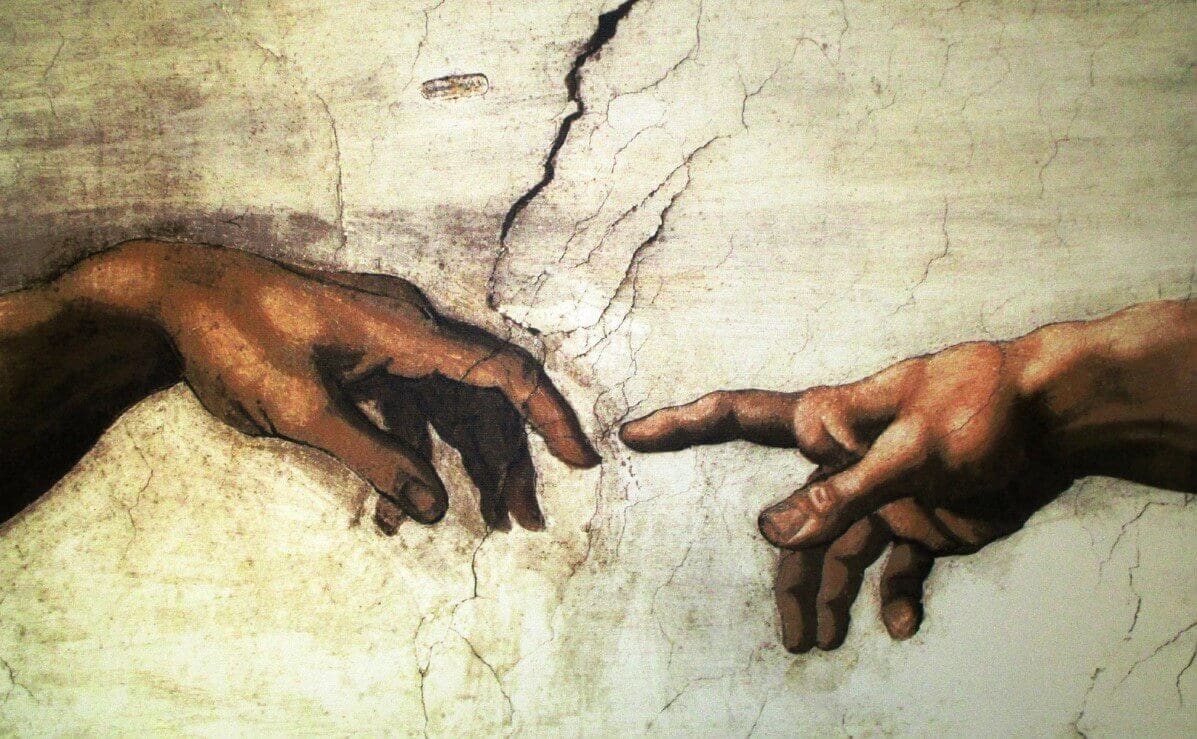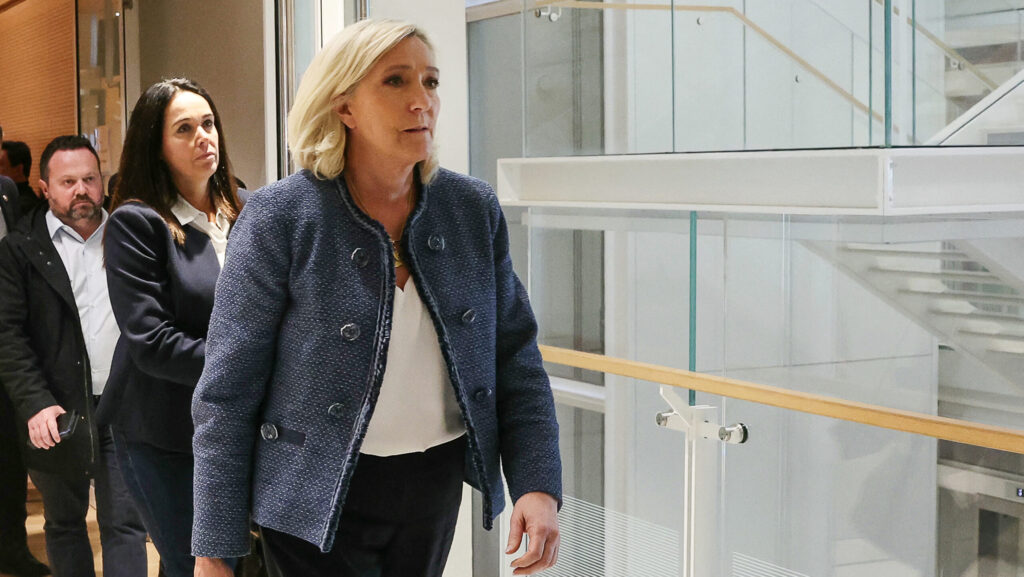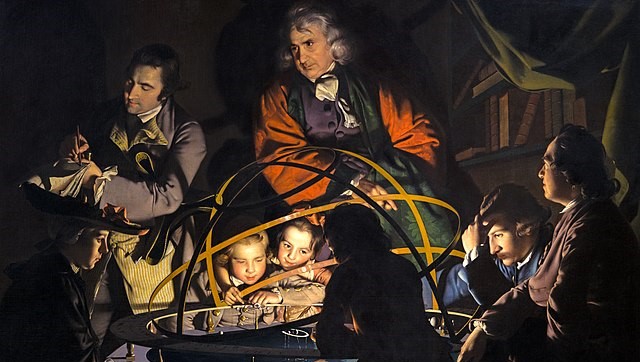Just nearly a year ago, Pope Francis sent a video message to participants in the plenary assembly of the Pontifical Council for Culture in which he called for a renewed Christian humanism to help stem the fluidity of Western society:
‘In these different cultures there are forms of a humanism which, integrated into the European humanism inherited from Greco-Roman civilisation and transformed by the Christian vision, are today the best means of addressing the disturbing questions about the future of humanity.’
Regrettably, the Pope’s appeal was both criticised as atheistic by conservatives because of its lack of comprehension of what humanism truly means and exploited by liberals who distorted the humanist concept to their own hedonistic ends.
A salient case of the latter occurred early this year at the 49th session of the UN Human Rights Council, when Humanists International (HI) and one of its associates, the Hungarian Atheist Association (HAA), accused the Hungarian government of destroying the fabric of democracy and human rights.
In their joint statement they claimed that policies, specifically the pro-family legislation, go against every humanist principle because they vilify LGBTI+ individuals. This argument is pretentious at best because the courses of action adopted and pursued by the Hungarian government to safeguard and promote the institution of the family are in line with democratic principles. The ultimate fallacy from HI and HAA, or for that matter other like-minded so-called humanist societies, is the claim that humanism stands apart from the natural precepts established by God.
Humanism is an intellectual movement that began in Italy during the fourteenth century characterised by the rediscovery of Classical Greek and Latin texts. Learned men ventured to exemplify certain virtues that were not cultivated by churchmen, such as the sense of sin and the repudiation of worldly life. Indeed, humanists considered literary and spiritual training to be one and the same.
As mentioned in a previous article, the fact that humanism gave precedence to classical works, like those of Cicero and Livy, was never a negation of divine or supernatural matters. This is evidenced by the Father of the humanist movement Petrarch who distinguished himself with his religious-oriented works, such as the Secretum, the De vita solitaria, and the Canzone alla Vergine Maria. Humanism, in fact, never questioned God nor His divine precepts.
Men like Leonardo Bruni (1370-1444), who was Chancellor of Florence and recognised as the most important humanist historian of the early Renaissance, in his Formare l’uomo buono (To Form a Good Man), placed the spiritual value at the centre of the text, which he attributed to literary studies. Bruni exposed a general discourse where he affirms that for excellence one must draw knowledge from literature, which is not vulgar and common, but diligent and intimate. In addition, the human person must also give himself to the studies of humanity, based on the uses and customs of life, because they adorn man.
This school of thought continued for centuries with notable figures, such as the Archbishop of Esztergom John Vitéz de Zredna (c. 1408-1472), as well as the Archbishop of Bologna Prospero Lorenzo Lambertini (1675-1758), who eventually became Pope Benedict XIV. De Zredna, who himself was a Latinist, promoted astrologic and astronomic research, which were revolutionary in his time. Lambertini advocated ‘positive secularity’, i.e., subjects that should be studied distinctly from the Christian faith and in their own terms, such as biology and medicine. He went on to create his own chair of surgery in Bologna in 1742 for the study of human anatomy.[1]
There were also the distinguished Augustinian Canons and Dutch humanist Desiderius Erasmus (1469?-1536). Viewed as the greatest scholar of the northern Renaissance, he was the first to edit the New Testament and was a pioneer with his exegetical works by referring to both patristics and classical literature.
Mistakenly, humanist organisations of today, such as the American Humanist Association, see ‘humanism [as] a philosophy of life that considers the welfare of humankind—rather than the welfare of a supposed God or gods—to be of paramount importance. Humanism maintains that there is no evidence a supernatural power ever needed or wanted anything from people, ever communicated to them, or ever interfered with the laws of nature to assist or harm anyone.‘
This ideology took shape in the United States during the 1920s and early 1930s. Self-proclaimed humanists, taking full advantage of the trendy ‘New Humanism’ of Irving Babbitt and that of the Christian apologist Paul Elmer More, appropriated the concept, rendering it with an atheistic tone persistent to the present day. We can see this by individuals like John Dewey, Father of the American educational system, who, as one of the signees of the Humanist Manifesto of 1933, argued that atheistic institutions should conform to the concerns of human life without religion. Human nature was declared to be ‘self-existing’ and not created by God, and science was seen as the best method for both the discernment of the knowledge of the world and the solution to socio-political problems.
Francis concluded his humanist appeal by inviting us all to rediscover the value of the human being in relation to the challenges we face, saying:
‘Today we need to repeat those verses [from Virgil’s Aeneid]: “Sunt lacrimæ rerum et mentem mortalia tangent” (There are tears for [or “of”] things and mortal things touch the mind)—this passage was recited by Aeneas, who was moved to tears as he gazed at a mural found in a Carthaginian temple dedicated to Juno that depicts battles of the Trojan War and the death of his friends and countrymen.
And one should shed tears when the true essence of humanism, which parallels our Christian faith, is not only misplaced, but altogether exploited for non-humanist purposes.
[1] Cfr. Joseph T. Stuart, Rethinking the Enlightenment: Faith in the Age of Reason, Manchester, Sophia Institute Press, 2020, 157-8, 176-214.








